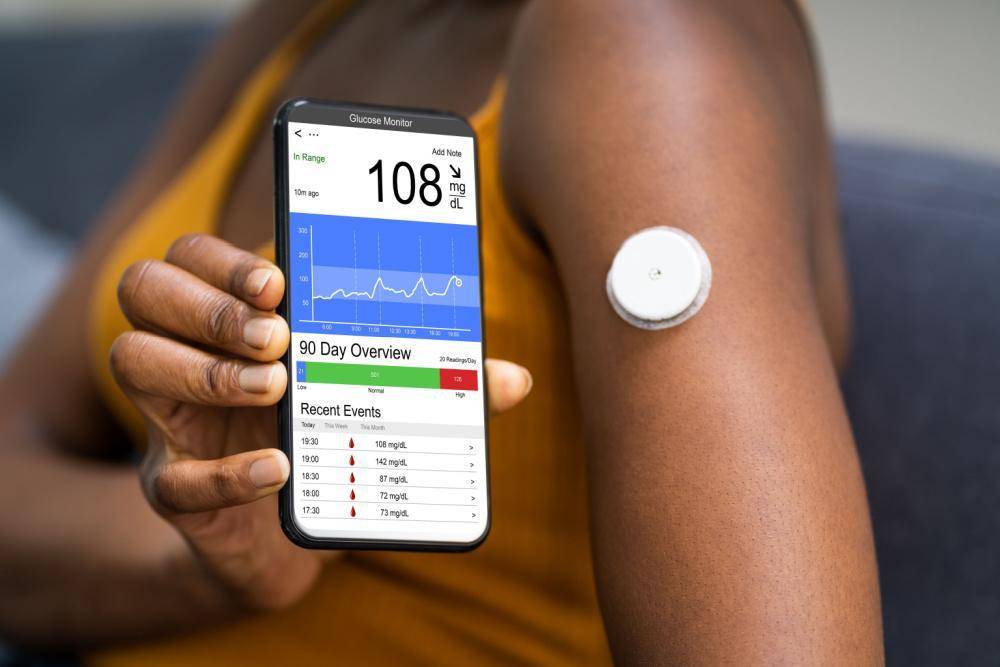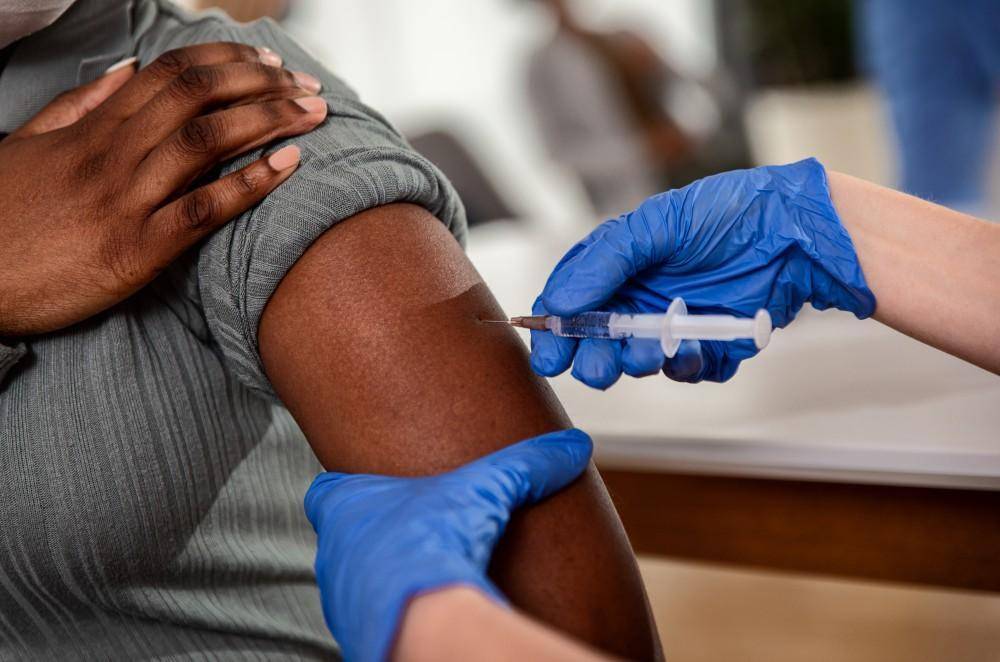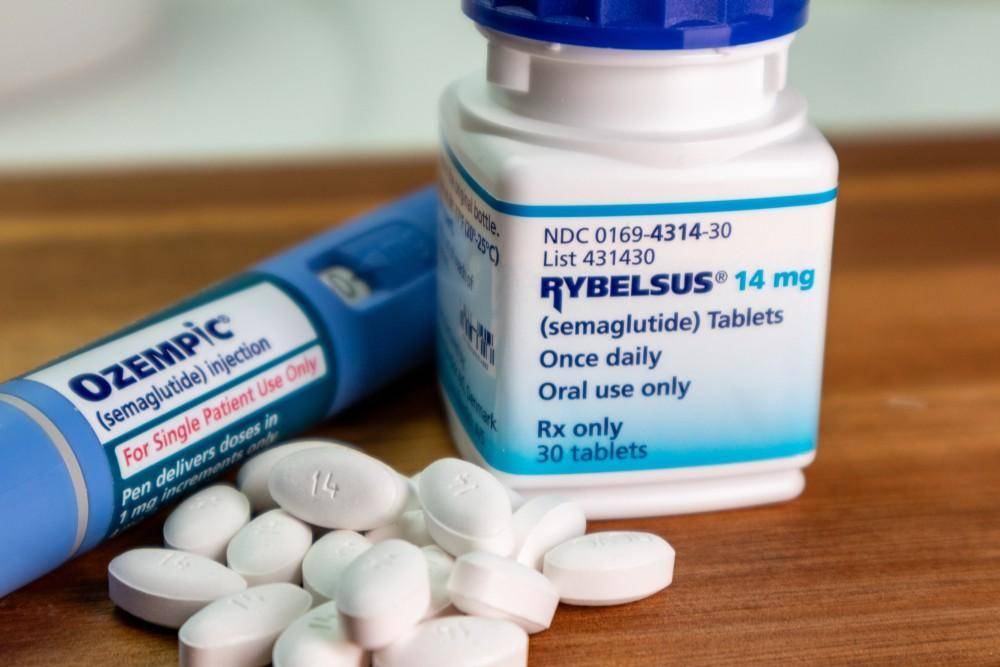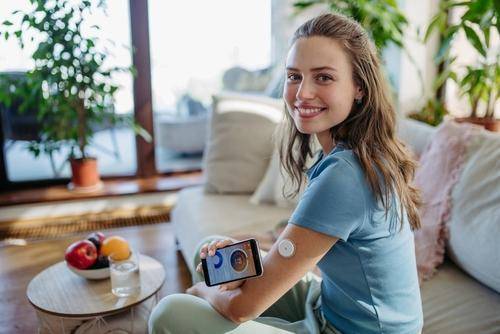Remote patient monitoring (RPM) is a technology-enabled healthcare approach that allows medical professionals to monitor patients outside of traditional clinical settings, such as in the comfort of their homes. RPM uses various types of technology, such as wearables, mobile health apps, and telemedicine platforms, to collect patient data and transmit it to healthcare providers in real-time.
The role of RPM in the future of healthcare is significant. Here are a few ways that RPM is likely to impact healthcare in the coming years:
- Improved patient outcomes: RPM allows healthcare providers to monitor patients’ health more closely and to intervene more quickly if any concerning trends emerge. This can lead to earlier detection and treatment of health problems, resulting in improved outcomes for patients.
- Reduced healthcare costs: By allowing patients to be monitored remotely, RPM can help reduce the need for expensive hospital visits and readmissions. This can result in significant cost savings for patients and healthcare providers alike.
- Increased patient engagement: RPM empowers patients to take an active role in their own healthcare by giving them access to real-time data about their health. This can lead to increased patient engagement and adherence to treatment plans.
- Enhanced access to care: RPM can help bridge the gap between patients and healthcare providers by enabling remote consultations and reducing the need for in-person visits. This can be especially beneficial for patients who live in remote areas or who have limited mobility.
Overall, RPM has the potential to revolutionize healthcare by improving patient outcomes, reducing costs, and increasing access to care. As the technology continues to advance, it is likely to become an increasingly important part of healthcare delivery in the future.
For more information on this topic, please reach out to us at RescueMD at 972-390-7667. We are an internal medicine, weight loss and women’s health practice. We serve Allen, Frisco, Mckinney, Plano, Dallas and surrounding areas. In addition to physicians, we also have registered dietitians and personal trainers on staff to treat and manage most cases.







